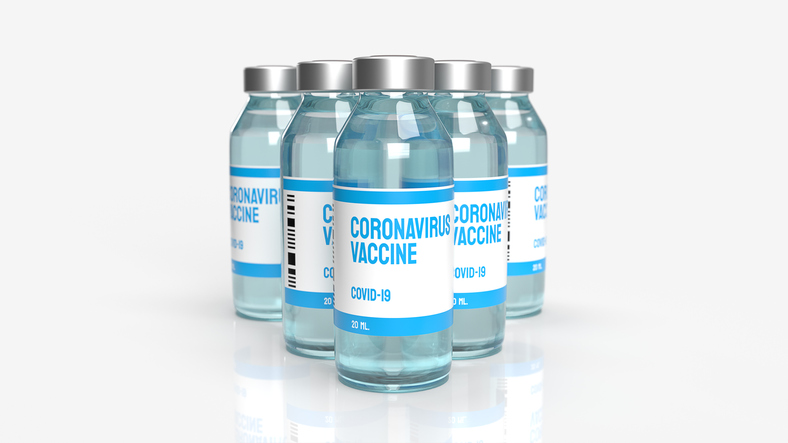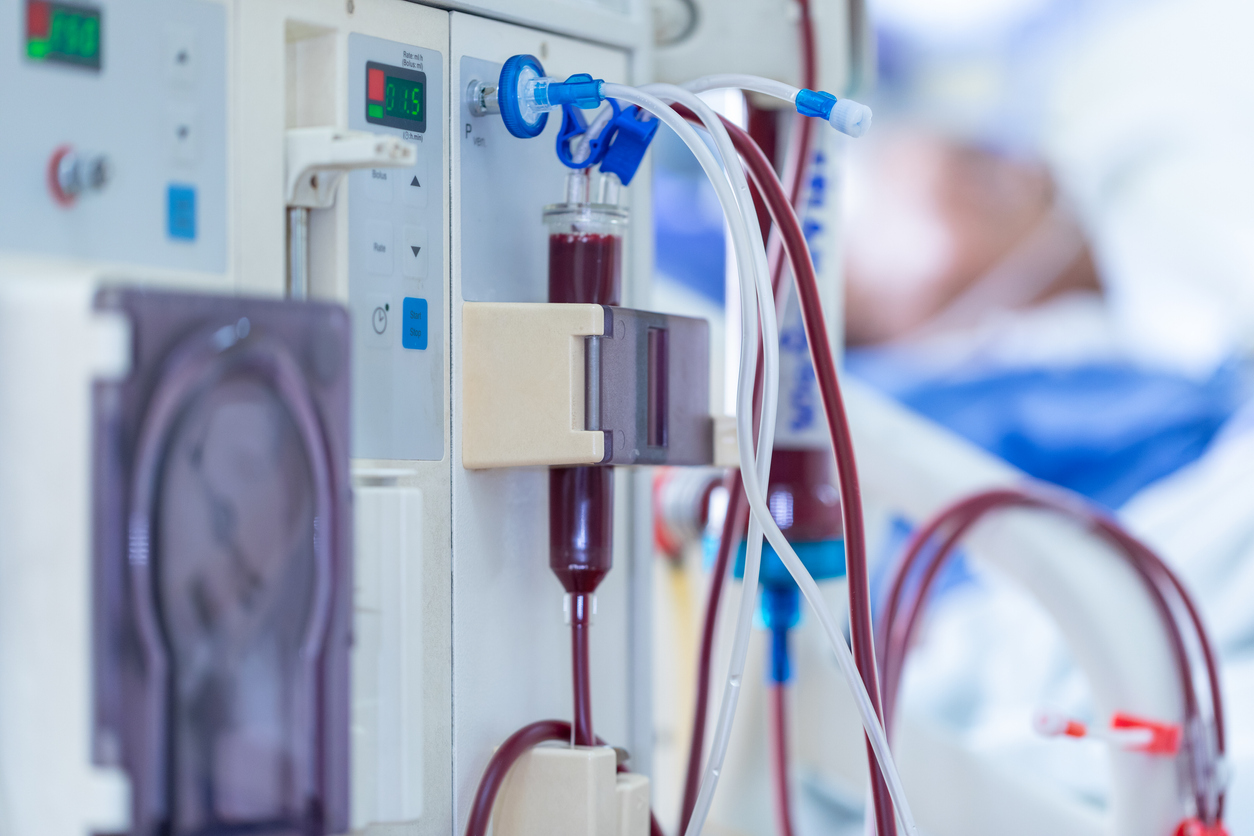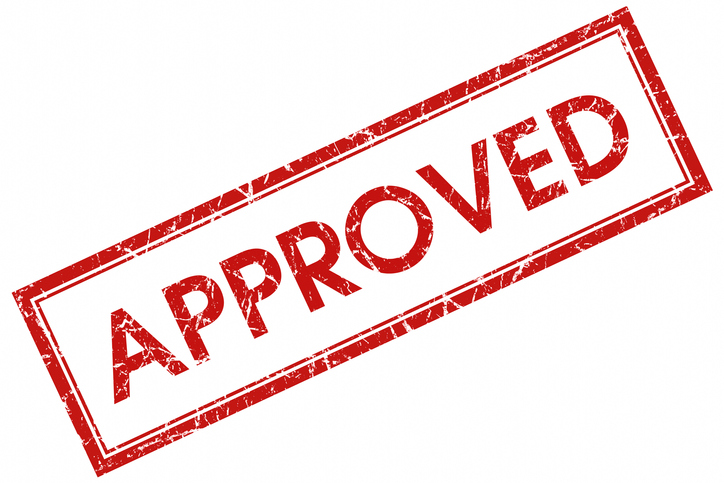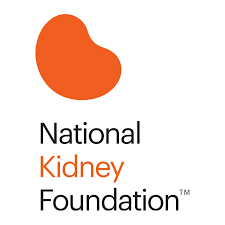“A fourth dose of mRNA COVID-19 vaccine boosted antibodies among half of kidney transplant recipients with suboptimal immune responses after three doses, a French case series found.
Among 92 patients with low anti-spike IgG titers (below 143 binding antibody units/mL) 1 month after the third dose, 50% reached the 143 BAU/mL threshold considered adequate against the initial COVID variants at 1 month following their fourth dose, reported Sophie Caillard, MD, PhD, of Hôpitaux Universitaires de Strasbourg in France, and colleagues.”
Read more here.






